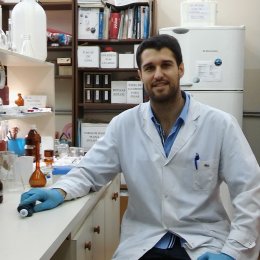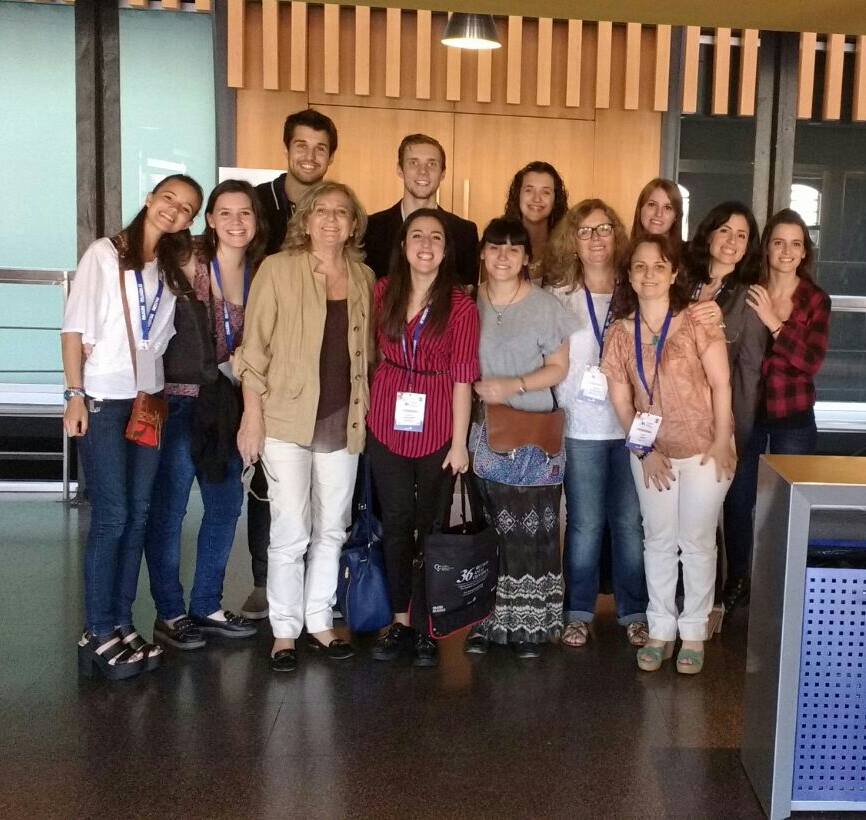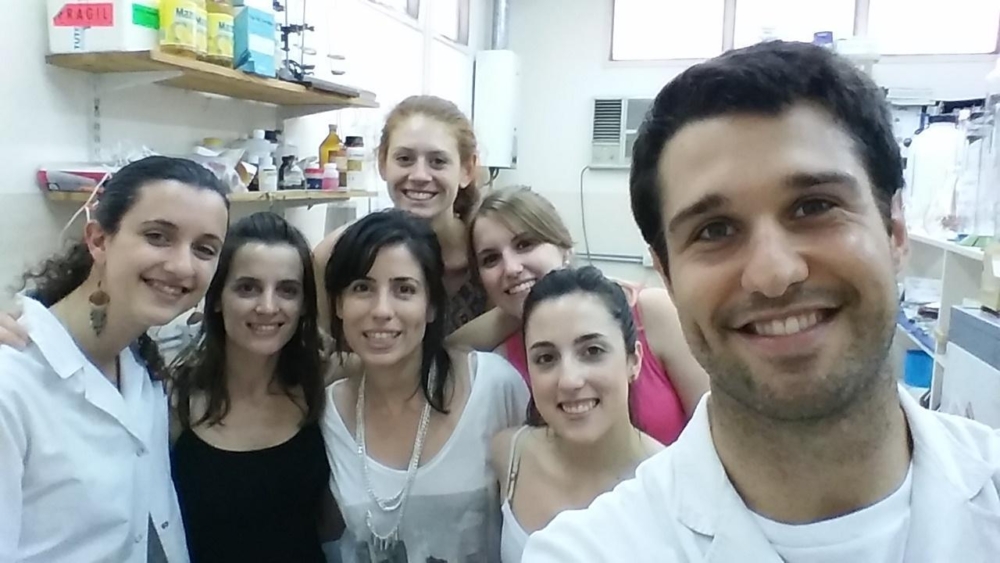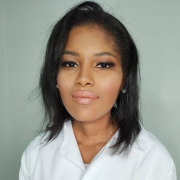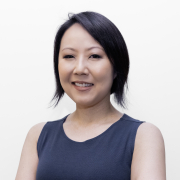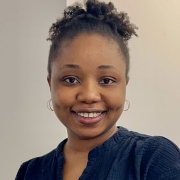
The ISH is positively committed to opposing discrimination against people on the grounds of gender, race, colour, nationality, religion, marital status, sexual orientation, class, age, disability, having dependants, HIV status or perceived lifestyle.
Our latest tweets
Follow us @ISHBP to keep up to date with the latest offers and news
🎥Watch: Chair of the @ISHBP Membership Committee Débora Colombari @dsac2023 outlines the three categories of ISH membership.
There are free membership categories available.
Join the ISH today: https://ish-world.com/join-ish/
#hypertension #highbloodpressure
Immediate past president @ISHBP Brian Williams delivers the keynote lecture at the 30th anniversary of the Korean Society of Hypertension #KSH24 @DaichiShimbo @spjuraschek @HyeonChangKim1 @hokyoulee
.@LeboGafaneM_PhD explores #hypertension in sub-Saharan Africa in the latest edition of Hypertension News: its current profile, recent advances, gaps, and priorities for action.
Read today: https://ish-world.com/wp-content/uploads/2024/07/ISH-Hypertension-News-July-2024_Hypertension-in-sub-Saharan-Africa.pdf
Make sure to join us for our November Webinar! Register here: https://tinyurl.com/mufe5ehv








Our Corporate Members
Companies wishing to become Corporate Members of the ISH should contact the Secretariat for further details >> secretariat@ish-world.com
Affiliated sponsors


Platinum corporate members
Silver corporate members
© 2023 International Society of Hypertension. All rights reserved. | Terms & Conditions | Privacy | Home | created by eb-webdesign.com

